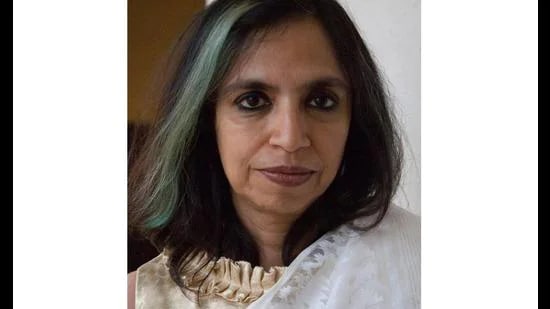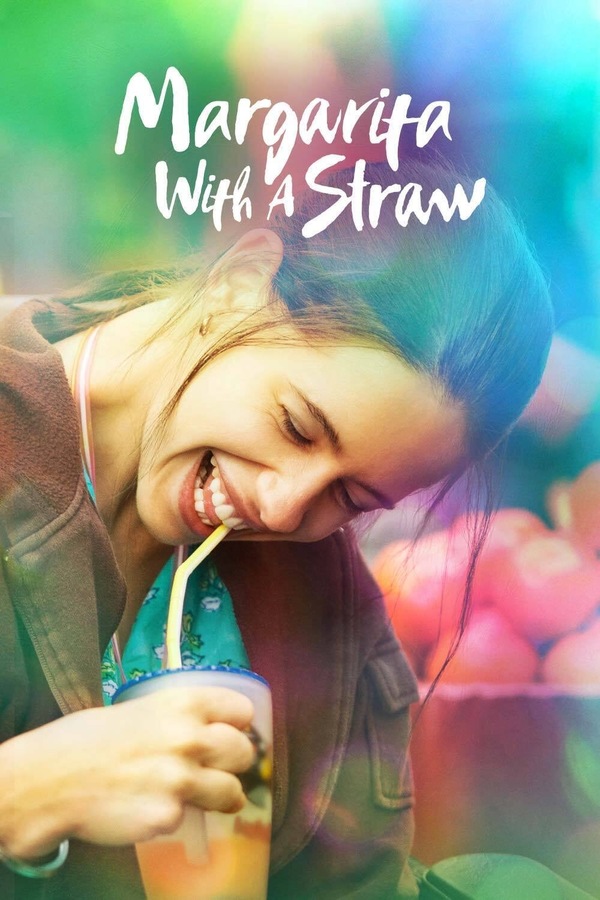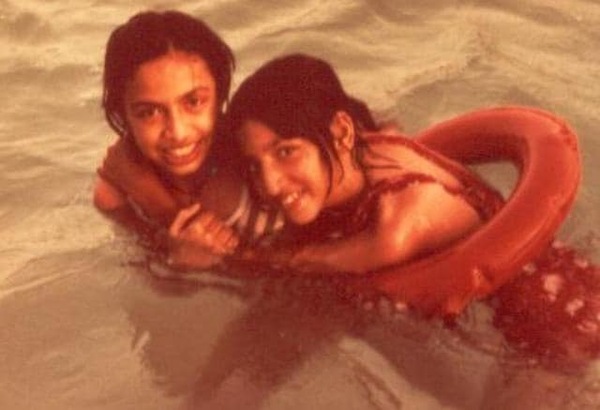World Cerebral Palsy Day: It’s not a disease, it’s a condition says Shonali Bose

- Digvijay
Hindustan Times
Last Updated: 03.32 PM, Oct 06, 2021
A 2014, globally released award winning film, Margarita with A Straw, was released in India in 2015. The film was special in ways more than one. It was a coming of age film of a teen girl, Laila Kapoor played by actor Kalki Koechlin, with a motor disability condition - cerebral palsy, exploring her life, education and sexuality.


Chib was born with cerebral palsy, because the umbilical cord strangled her inside the womb which affected her motor skills. Bose was one-year-old then. “My aunt took her to England for diagnosis. Back then in India there was no information and resources available, which later became the reason for establishing ADAPT. The biggest misconception people have about palsy that it’s a disease. It’s not a disease. It’s a condition, you are born with because of a part of your brain got damaged. You do not need medical help. You just need the society, to not make you not feel like a disabled and create inclusive, accessible places for people with special conditions.”
Bose wants people to understand that cerebral palsy is a physical and not a medical condition. “People with palsy are usually very bright and talented. My cousin has a double masters. She studied in England, which in the movie is New York but for her it was London. She loves London because she can move out on her own, the roads are suitable for people using motorised devices, which is not the case in India. So, she feels very stuck here,” she added.
The movie not only explores the life of a disabled person, but also showcases the protagonist as a sexual being, where Laila finds out that she is bisexual. Expressing apprehension about the same, however eventually deciding to stand by her choice, Bose said, “It was a personal choice, as I am bisexual myself. As a film maker I wanted to cross a barrier that hasn’t been crossed in cinema. Because I know that a teenager of that age, abled or disabled, is experiencing all of this and wants to explore themselves and their sexuality.”
Concluding with a message for people dealing with cerebral palsy, Bose said, “The word suffering needs to be forgotten, because the last thing my sister does is suffer. She has a great life as everyone should. It’s important that people do not feel sorry for themselves because they are not the victim. The society should be called ‘abnormal’ for making people feel disabled instead of empowering them.”
